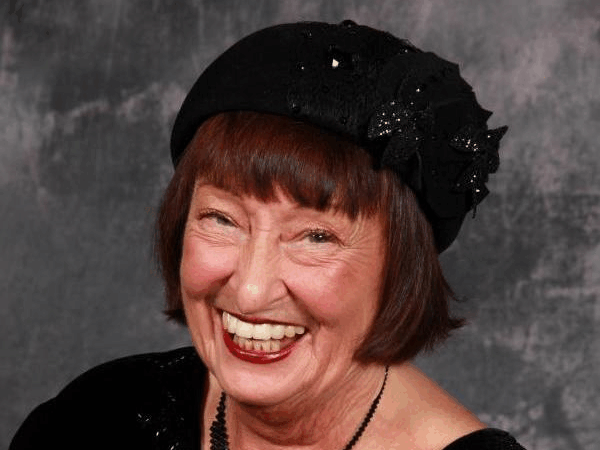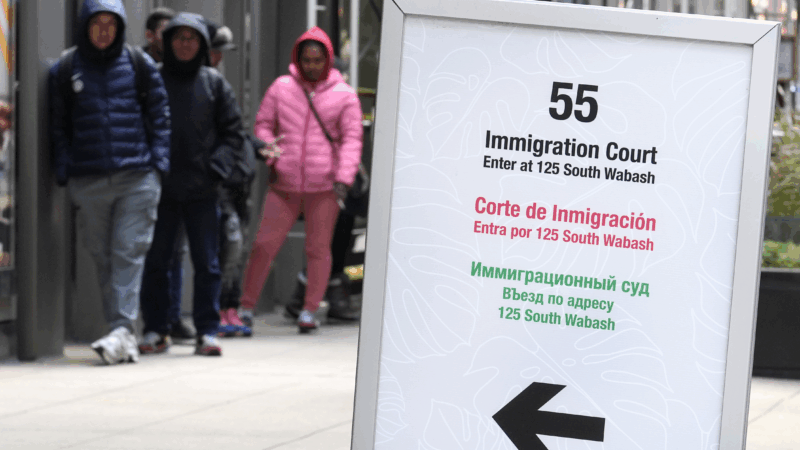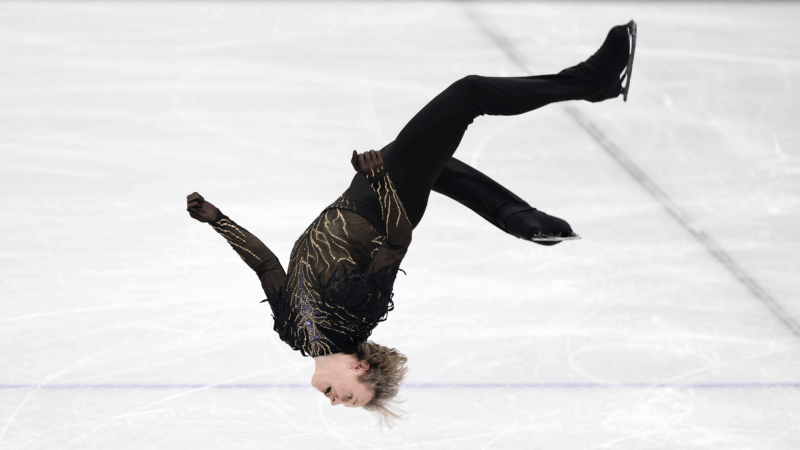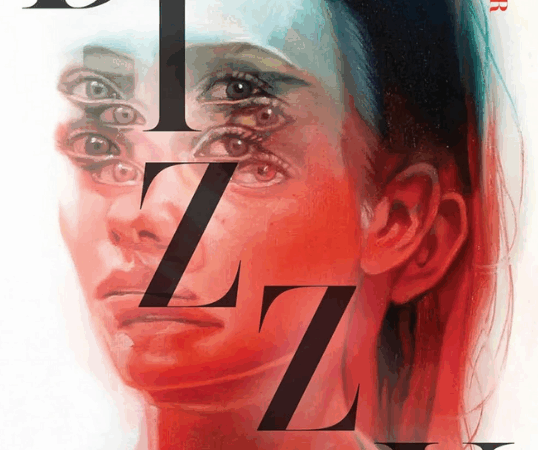Sheila Jordan, a singular voice in jazz, has died
Sheila Jordan, one of the great underappreciated voices in jazz, has died at the age of 96.
Her longtime bassist Harvie S told NPR that Jordan died Monday at her apartment in New York City.
Despite a career that unfolded in fits and starts due to racial tensions, a troubled marriage and the challenges of single motherhood, Jordan recorded one of the most beloved vocal jazz records of the 1960s, Portrait of Sheila on Blue Note Records, and was recognized 50 years later by the National Endowment of the Arts as a Jazz Master, the genre’s highest honor.
Jordan’s discography grew exponentially as she aged; she recorded at least 19 albums after the turn of the century, including this year’s Portrait Now. It was released on the day of her final live performance: Valentine’s Day.
Born Sheila Jeanette Dawson to a financially struggling family in Detroit, she was raised by alcoholic grandparents in Pennsylvania coal country. Jordan told NPR in 2014 that she was unhappy as a child, and the only thing she could do about it was sing. Then one day, she spotted something intriguing on a jukebox: Charlie Parker’s Reboppers.
“And I put my nickel in, and up came Bird, playing ‘Now is the Time,’ and I said that’s the music,” she said. “That’s the one I’ll dedicate my life to.”
Jordan, who was white, became good friends with Parker — he called her “the lady with the million dollar ears.” In 1952, she married one of his close collaborators, Duke Jordan, and went on to work with many Black jazz artists, often facing prejudice from other white people because of it.
Duke Jordan was a gifted pianist who was part of Parker’s quintet in the late 1940s. But in a 2009 NPR piece, Sheila Jordan said her husband’s heroin addiction led him to abandon her and their small daughter, Traci. She struggled to support herself by working as a secretary while still keeping music in her life.
“You find a way because the music is very important,” she said. “That’s how I survived, knowing that once or twice a week I’d get a sitter for Traci, and I’d go and sing in this club, and then I’d get up the next morning and go do my day gig.”
Many have said her voice was unlike any other.
Jordan never hit the big time, but she was a distinguished educator. For decades, she taught jazz vocal workshops at the City College of New York as well as many other institutions. In 2012, the National Endowment for the Arts named her a Jazz Master. And Sheila Jordan kept performing — even into her 90s.
“The people that respect what I do and hire me, that’s all I need,” she told NPR. “I just need to keep doing this music as long as I live. “
Guerilla Toss embrace the ‘weird’ on new album
On You're Weird Now, the band leans into difference with help from producer Stephen Malkmus.
Nancy Guthrie search enters its second week as a purported deadline looms
"This is very valuable to us, and we will pay," Savannah Guthrie said in a new video message, seeking to communicate with people who say they're holding her mother.
Immigration courts fast-track hearings for Somali asylum claims
Their lawyers fear the notices are merely the first step toward the removal without due process of Somali asylum applicants in the country.
Ilia Malinin’s Olympic backflip made history. But he’s not the first to do it
U.S. figure skating phenom Ilia Malinin did a backflip in his Olympic debut, and another the next day. The controversial move was banned from competition for decades until 2024.
‘Dizzy’ author recounts a decade of being marooned by chronic illness
Rachel Weaver worked for the Forest Service in Alaska where she scaled towering trees to study nature. But in 2006, she woke up and felt like she was being spun in a hurricane. Her memoir is Dizzy.
Bad Bunny makes Puerto Rico the home team in a vivid Super Bowl halftime show
The star filled his set with hits and familiar images from home, but also expanded his lens to make an argument about the place of Puerto Rico within a larger American context.






